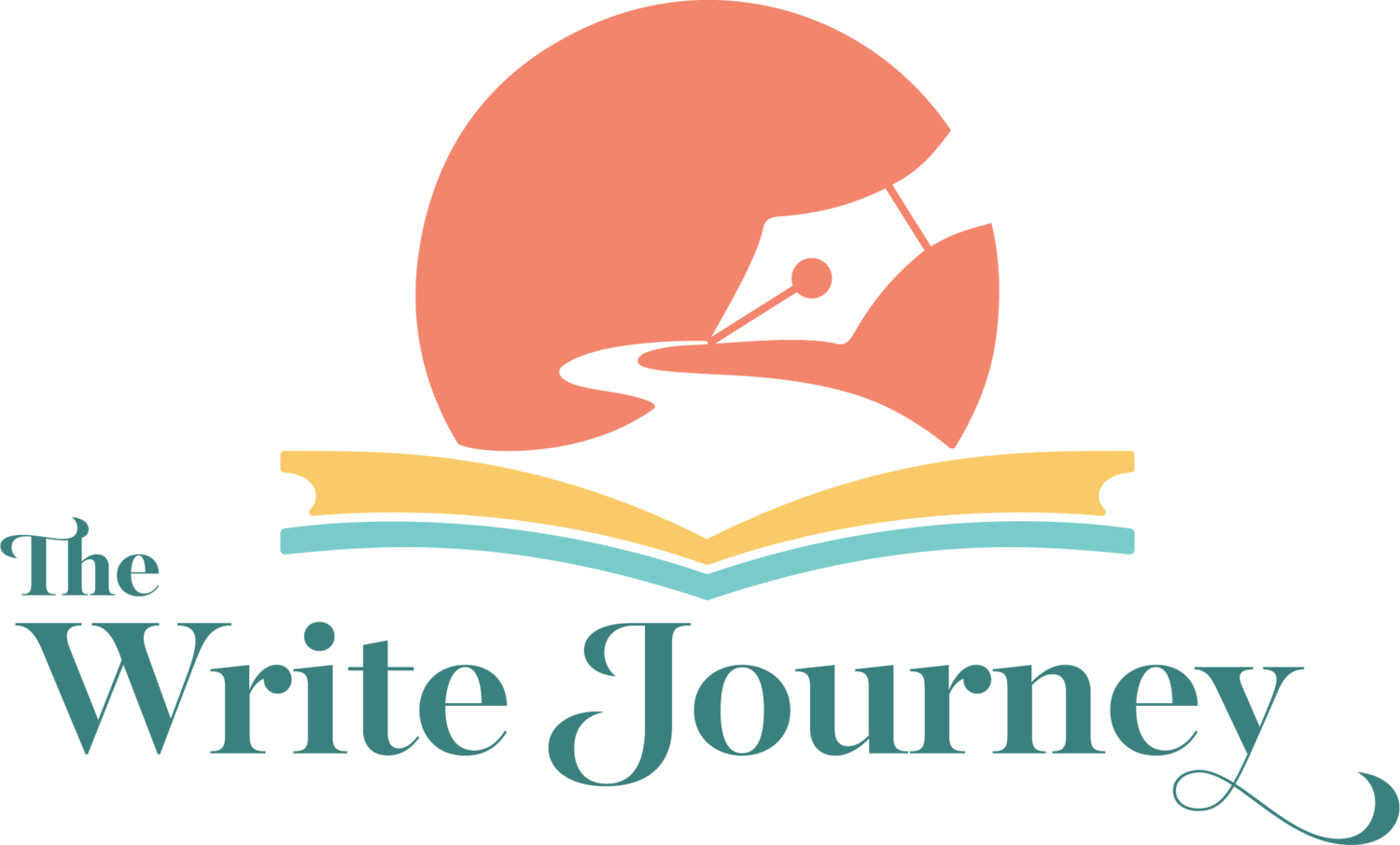A SPECIAL PROJECT-WHY?
While the word ‘project’ may invoke hesitations, at The Write Journey, we see a project is an opportunity. In our classes, instructors assign an Enrichment Project (EP) as a way for students to explore a specific part of the story that interests them. EPs come in all varieties. What appeals to one may not interest another. However, students often enjoy the projects so much that they eagerly await the final weeks of each semester to begin a new EP. They anticipate the chance to pull out their artistic natures to use glue sticks, paints, baking supplies, costume making skills, and other various creative methods. This is a win for everyone!
After all, isn’t it true that we learn so much by stepping away from the typical learning rhythms. We find benefits from stretching beyond our comfort zone. Reaching beyond the norms. Trying a new skill. Learning a new topic. Writing in a new style. The beauty of the word ‘project’ is in the opportunity. When I take on a project at home, I rarely feel totally equipped, yet I love the aspect of learning to try something new. In fact, the finished product brings a sense of wonder and satisfaction to me. The bonuses lie in the gains of new layers of skills and understanding. The goal need not be perfection, which feels too stressful to me. Instead, I appreciate the process of growth. I even see a bit of a project in me. I hope our readers find a new possible project in the pages of their reading, whatever it is. If it interests the reader, it may just be worth exploring in a deeper way. Happy discoveries!
Watch for the next newsletter that will highlight some Enrichment Projects from our classes. Also, feel free to share YOUR family projects on our social media. Let’s celebrate our wonderful homeschooling opportunities together.





